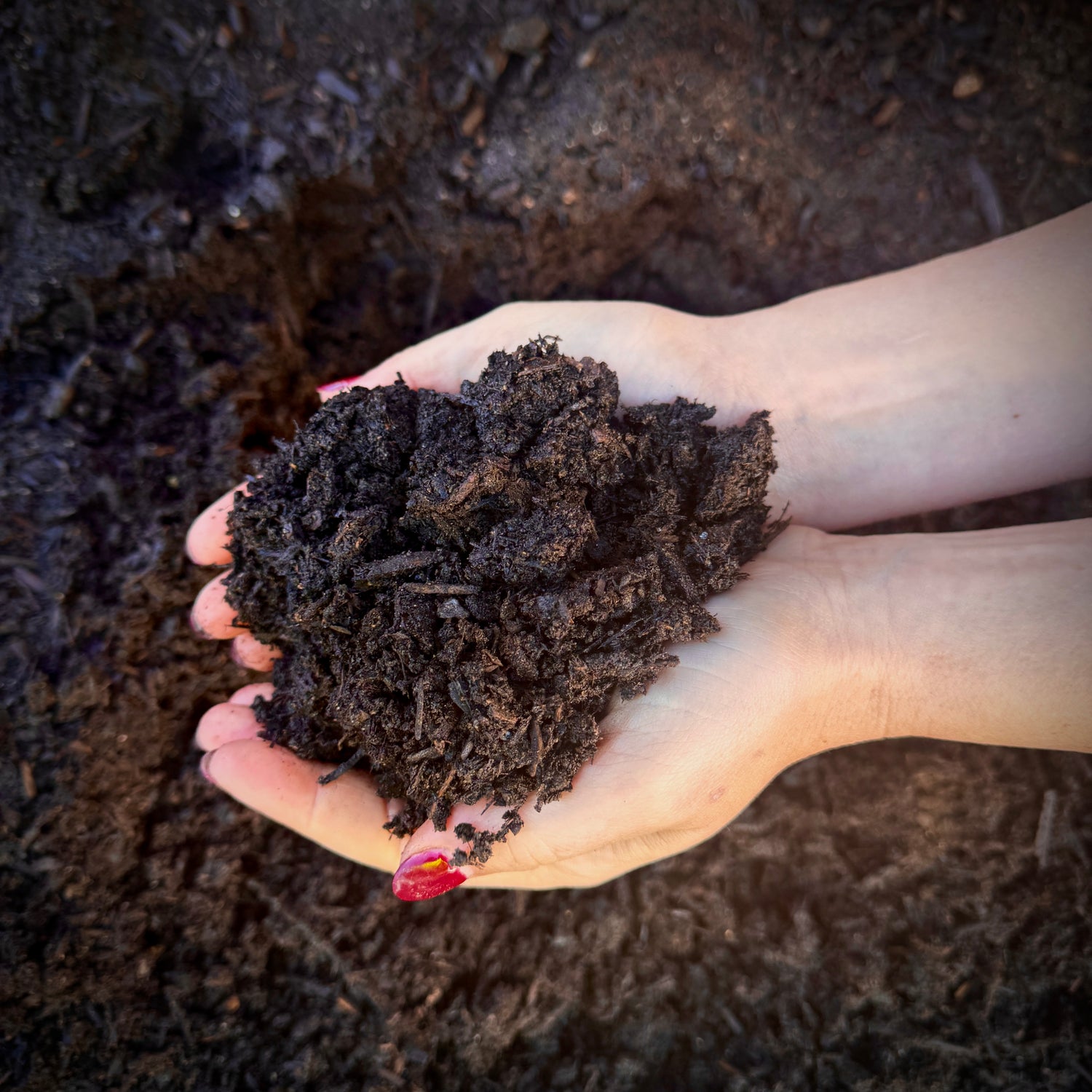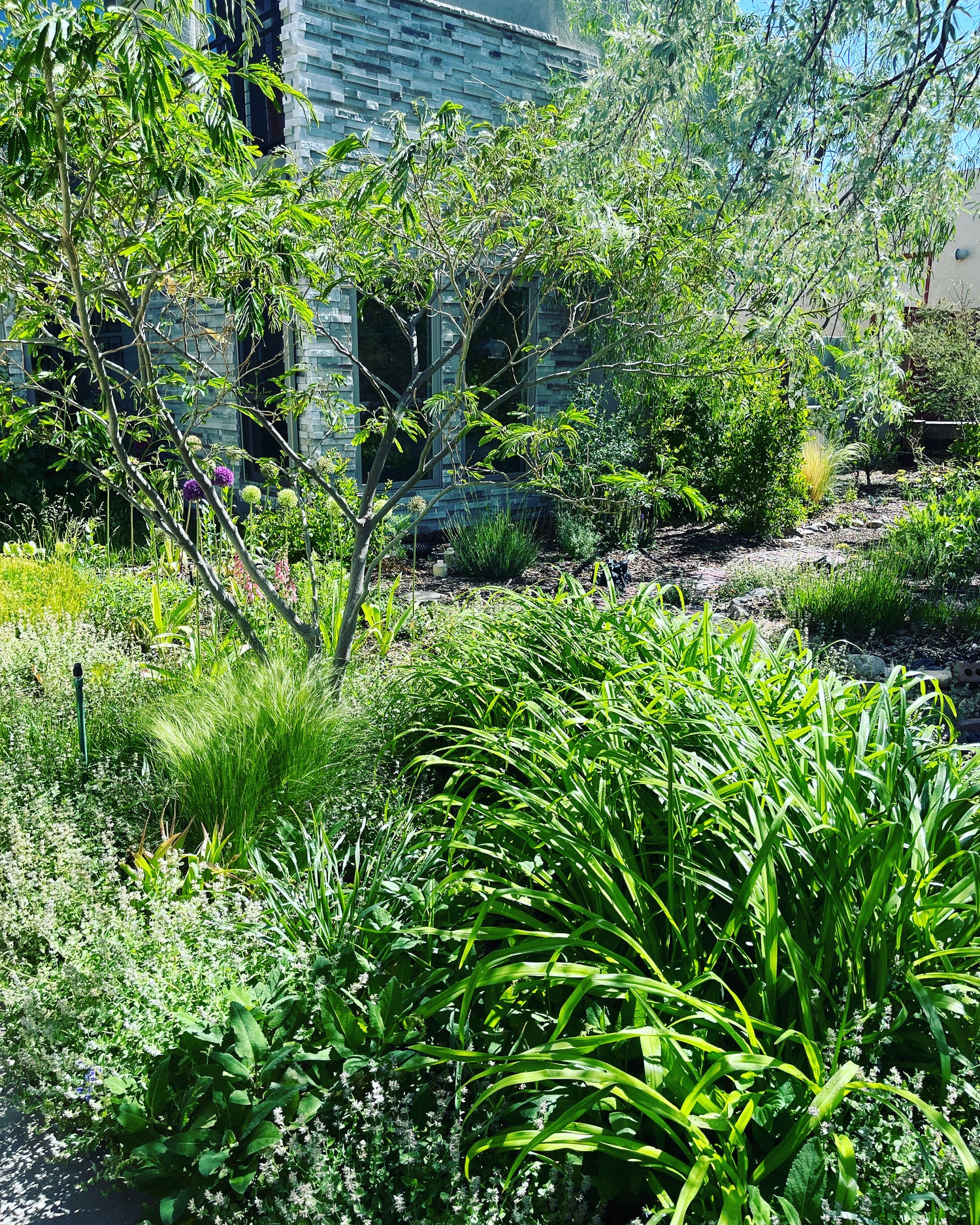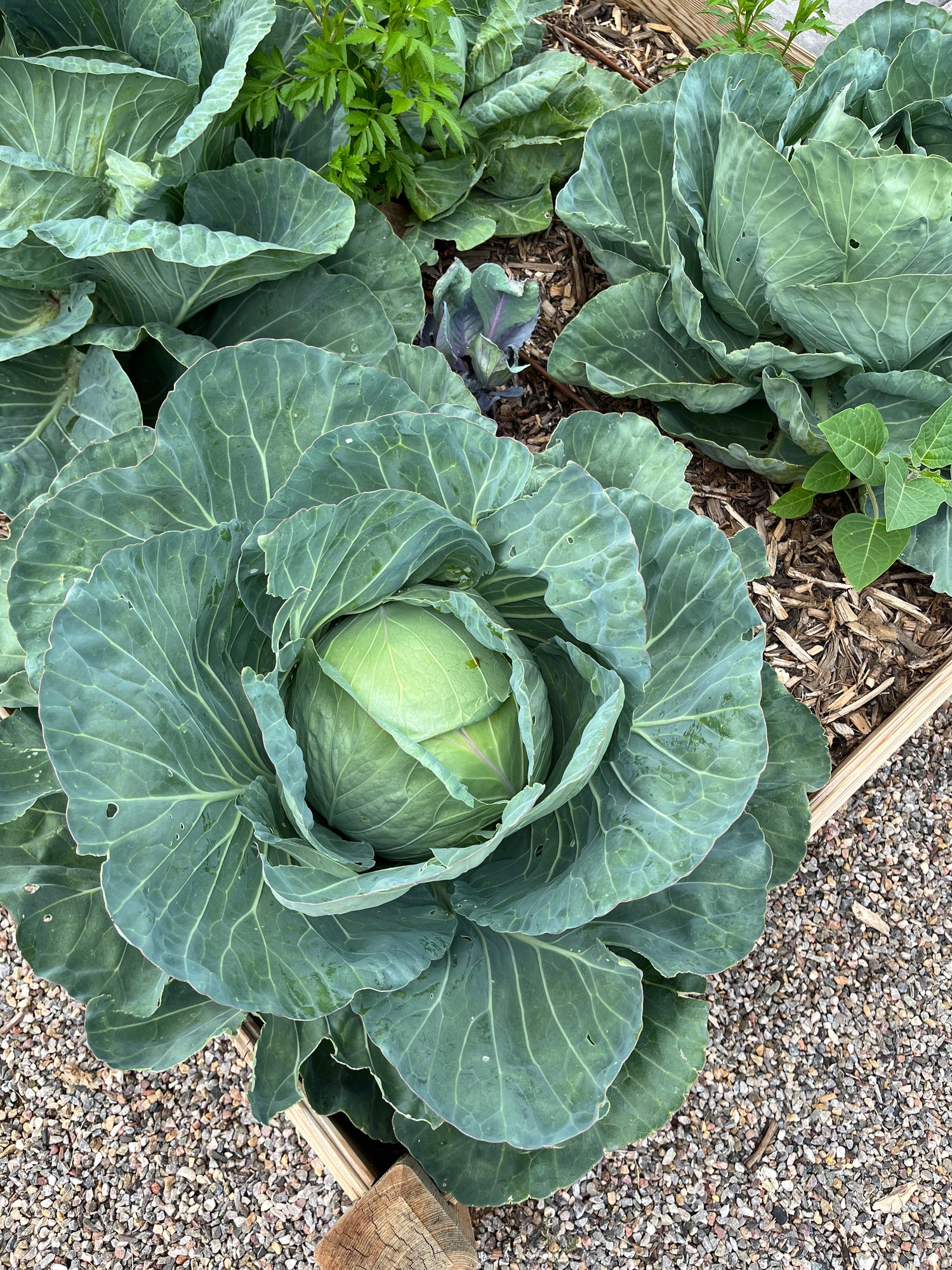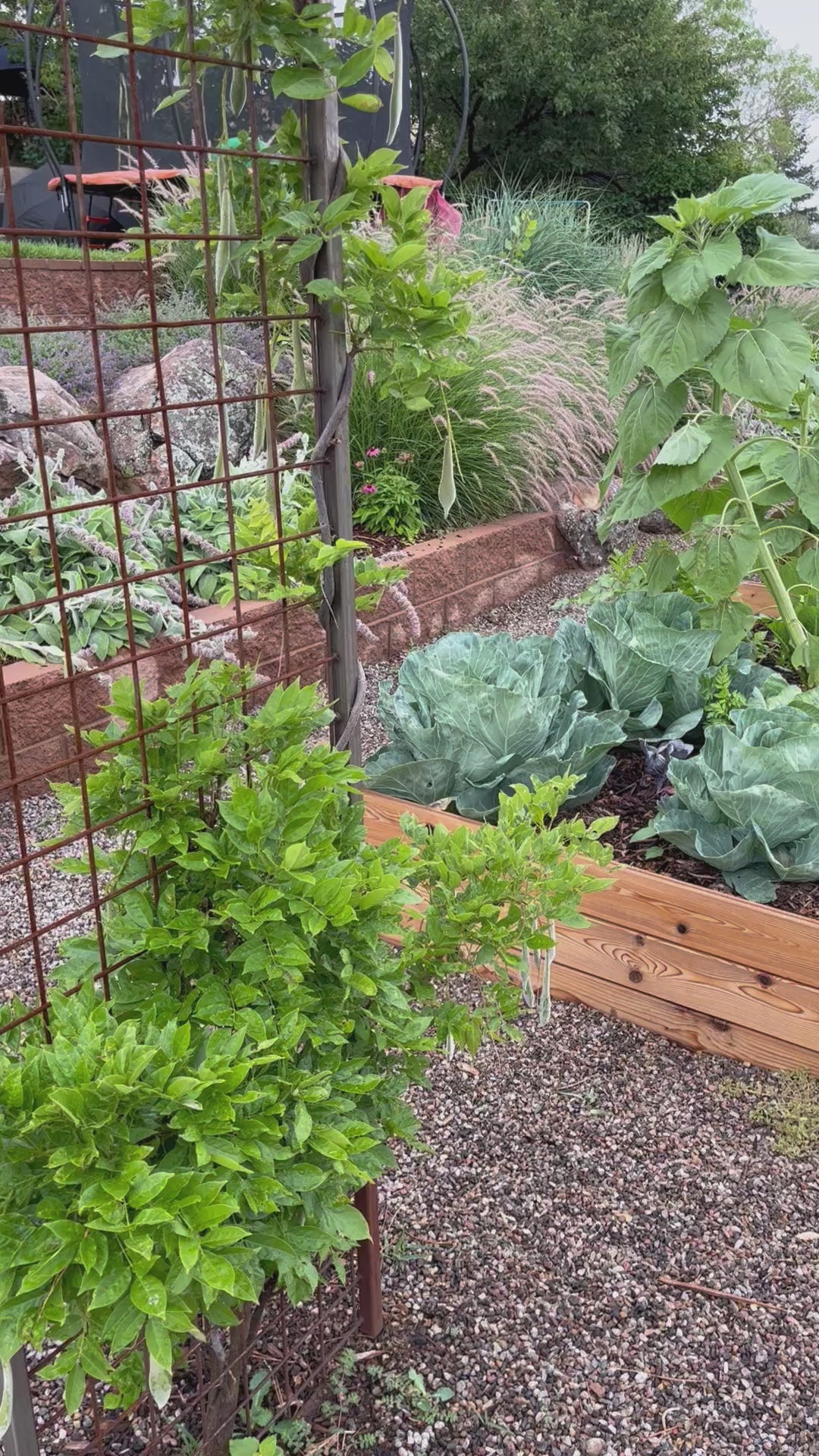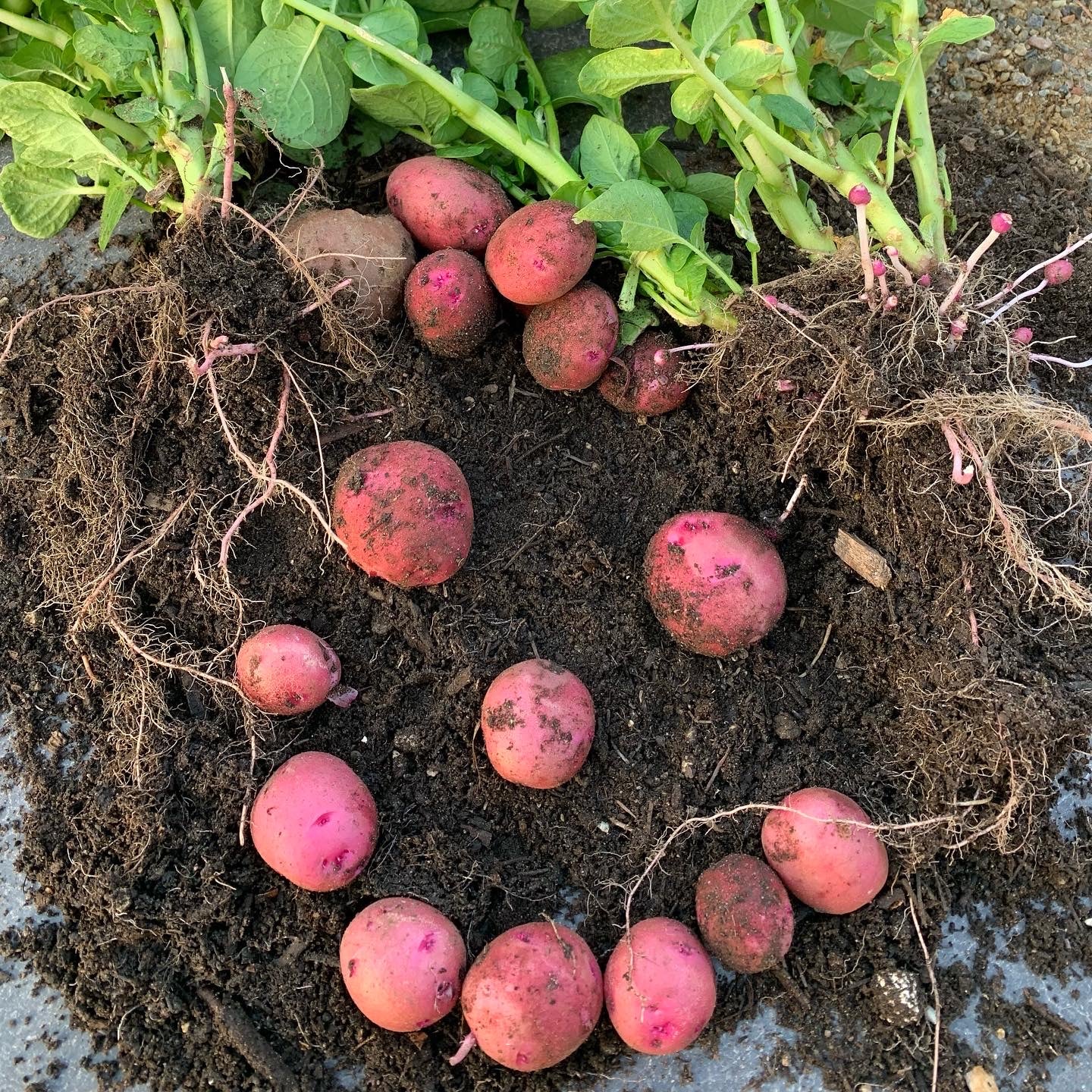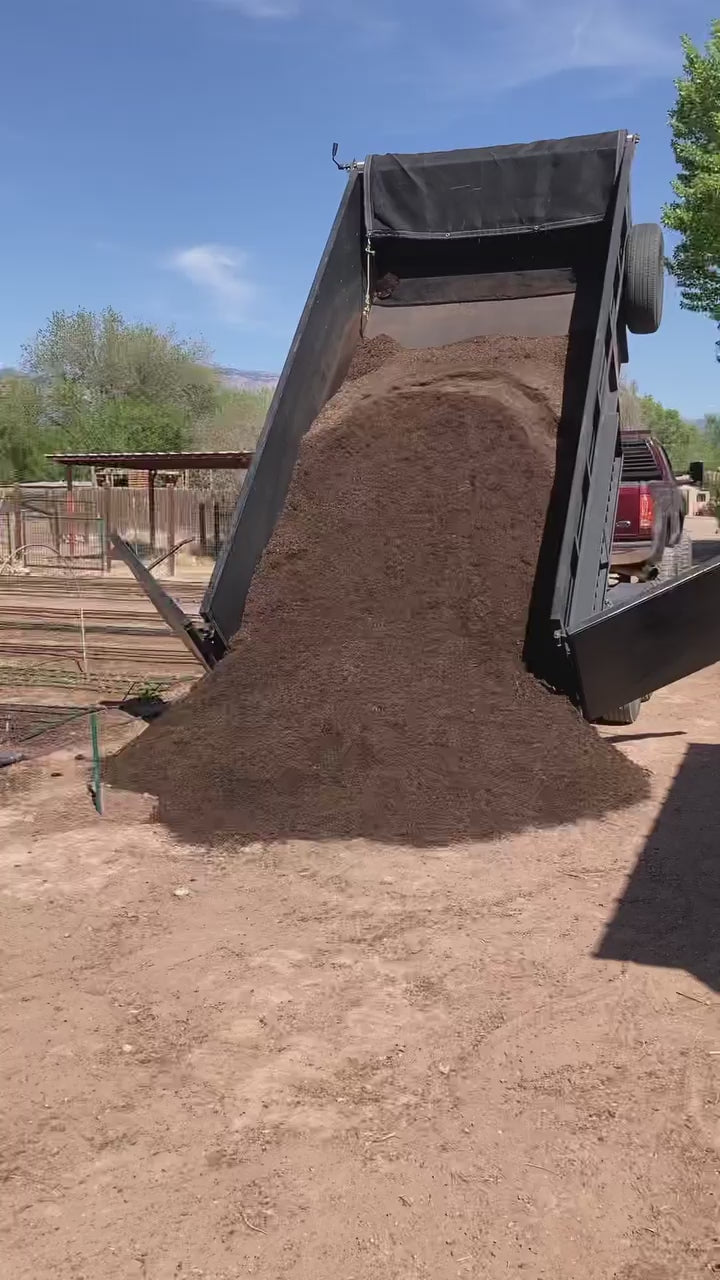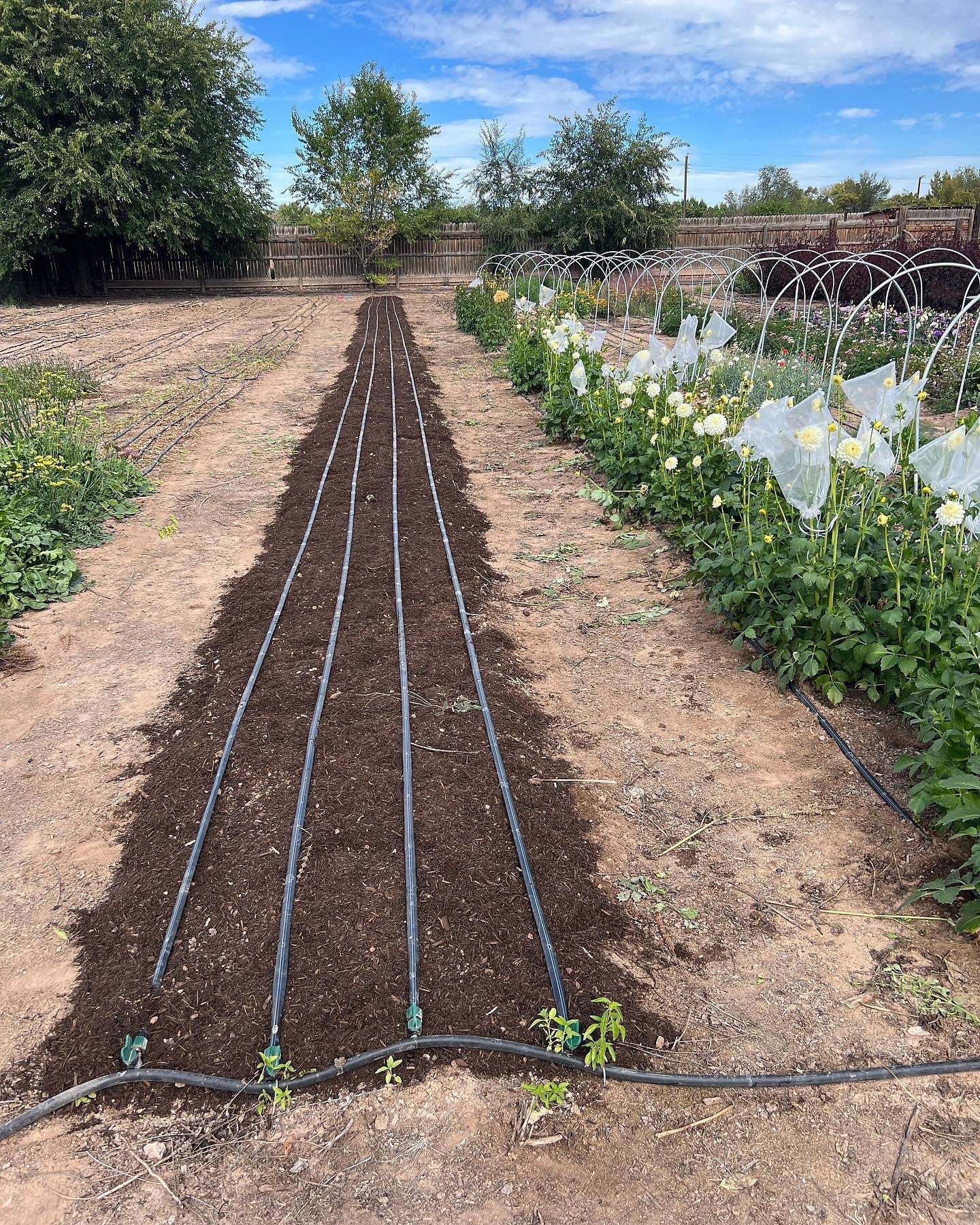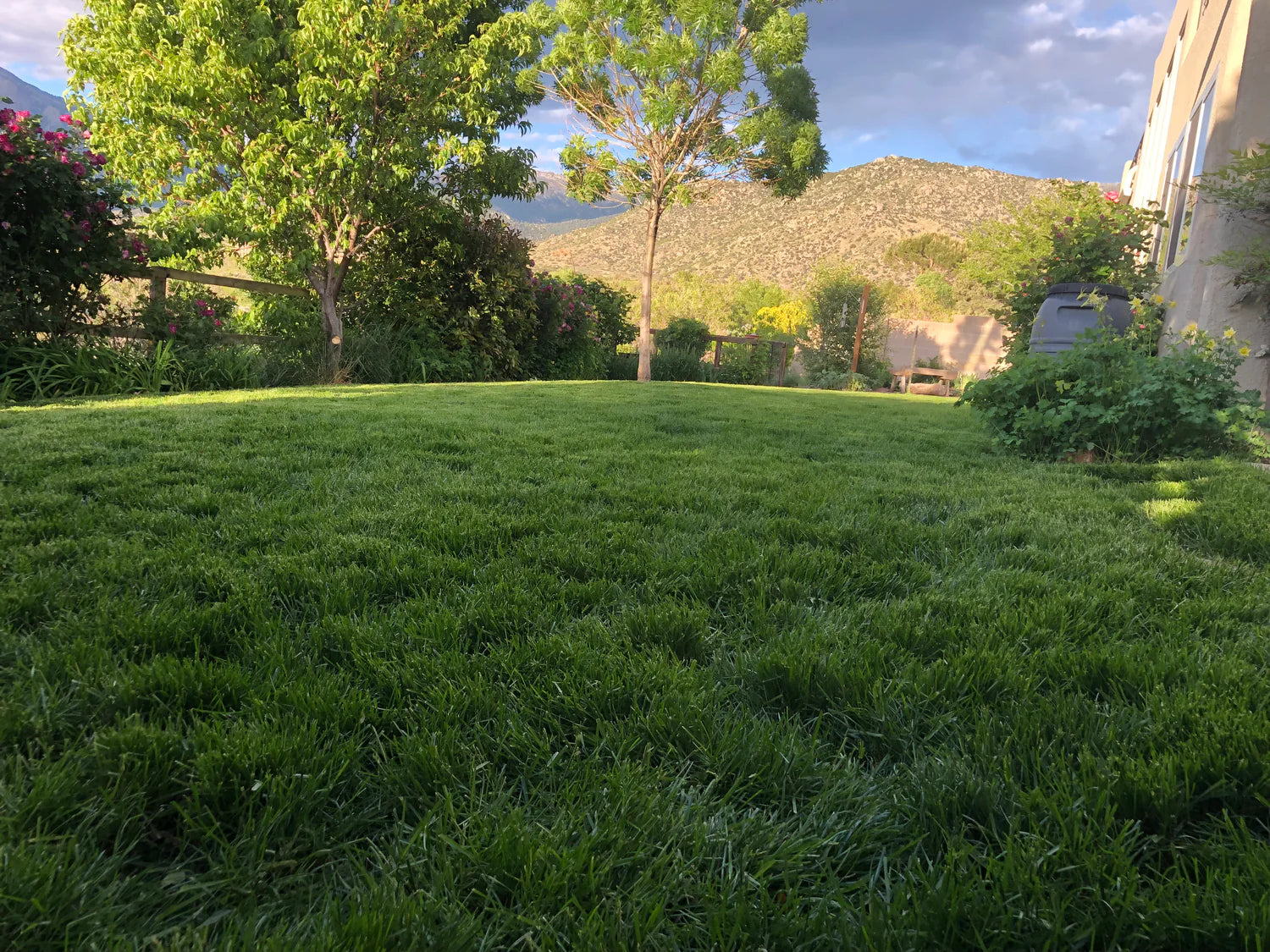How We Make Compost
Soilutions is committed to producing high-quality compost, soil and mulch products through sustainable practices that benefit both your garden and the environment. As a tech-enabled company, we adhere to industry best practices, drive innovation, and continuously improve all our products. Our processes ensure quality while maximizing sustainability through organics recycling.
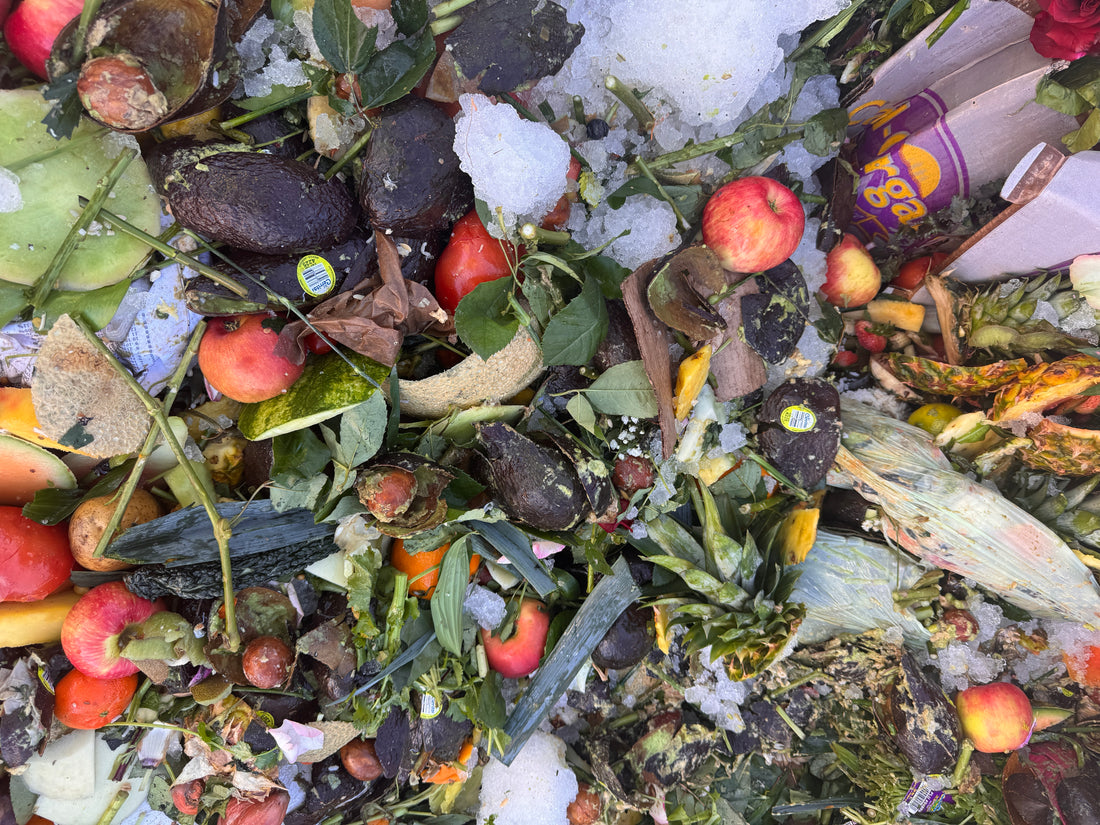
Grocery Recycling Program: High-Quality Compost, Powered by Food Waste
Our Grocery Recycling Program diverts tens of millions of pounds of food waste from landfills each year. This program allows us to recover organic material that would otherwise wind up in a landfill and emit methane—a potent greenhouse gas—and instead transform it into nutrient-rich compost, just at Nature intended.
Food waste is one of the most nutrient-dense organic materials available, containing essential nutrients, moisture, and organic matter that enhance microbial activity in the soil. By using food waste as a key input, our compost promotes faster plant growth, better water retention, improved soil structure, and a thriving soil microbiome.
While we use advanced mechanical separation technology to remove any residual food packaging before composting, trace amounts (0.1% or less) of produce stickers or food packaging fragments may end up in the final product.
Learn more about our Grocery Recycling Program.
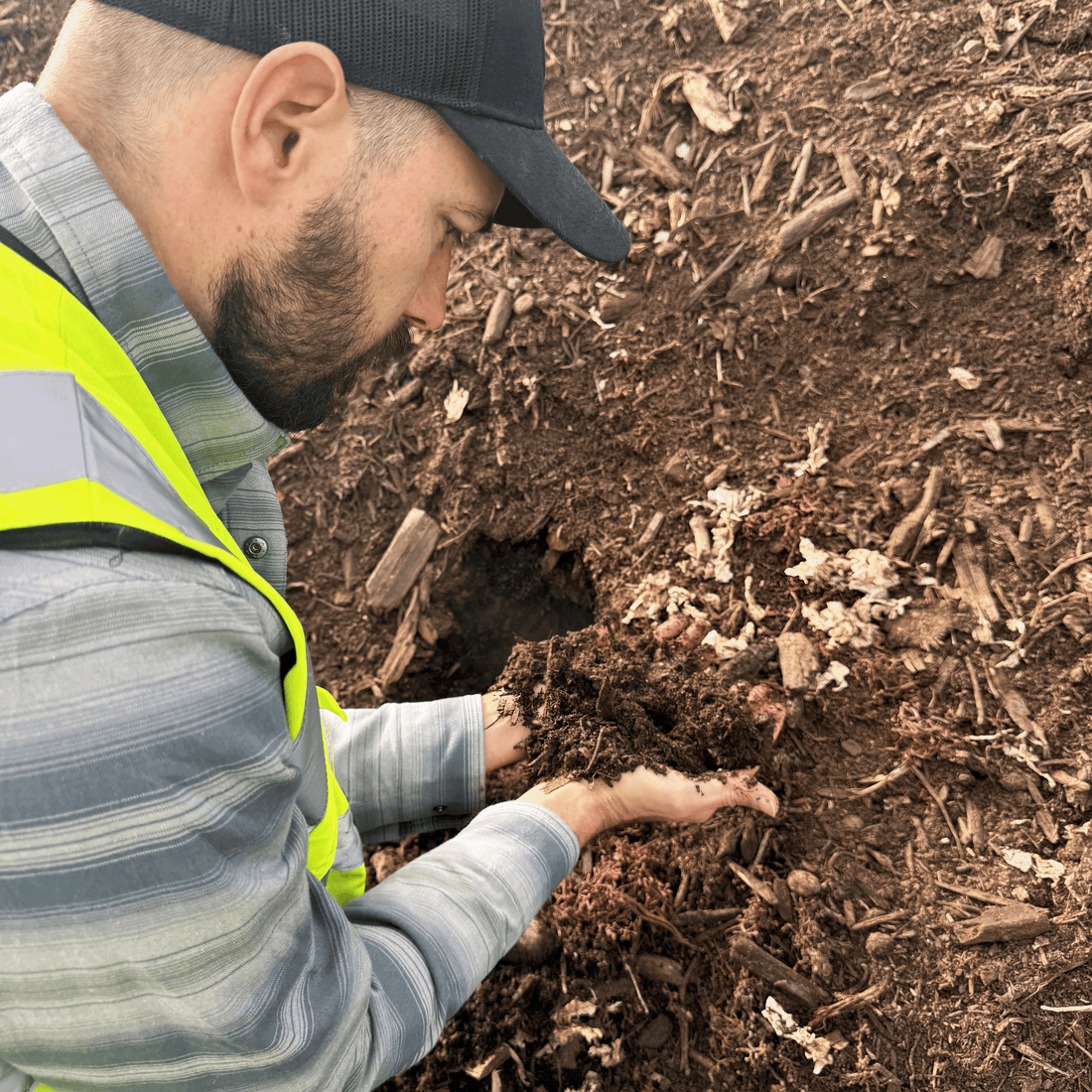
Quality is Our Top Priority
Soilutions utilizes a thermophilic windrow system to create our compost. The process starts by combining ideal ratios of carbon and nitrogen inputs, which for Soilutions includes wood from New Mexico's abundant forests and Bosque, as well as millions of pounds of food waste from local grocery stores, restaurants, schools and more. These inputs are combined using a formula for ideal composting ratios and then spread into windrows, which are long narrow piles sized around 150'x25'.
The combination of the proper ingredients, combine with the ideal moisture and oxygen environment kickstarts the composting process by activating microbial activity. This process generates heat! Windrows achieve temperatures of 131+ degrees Fahrenheit and remain there for six weeks, eliminating weed seeds and pathogens. The windrows are turned and watered at frequent intervals during this period to introduce oxygen while the microorganisms (beneficial bacteria and fungi) within the pile work magic to transform the inputs into compost. We take temperatures multiple times per week and use microscopes to inspect biology.
Once the compost process is complete after several turns, the piles are then moved to a curing stage for another period, which provides for further proliferation of beneficial fungus and bacteria populations. Finally, it is screened to 1/2 inch and determined ready to for your garden!
Our Commitment to Sustainability
By integrating food waste into our composting process, we not only produce a superior product but also contribute to a more sustainable and resilient local environment. Our approach reduces landfill waste, lowers greenhouse gas emissions, and supports healthy soil and plants.
SOILUTIONS COMPOST - DELIVERED
- Precio regular
-
$
129.00 / CUBIC YARD DELIVERED - Precio regular
-
- Precio de venta
-
129.00
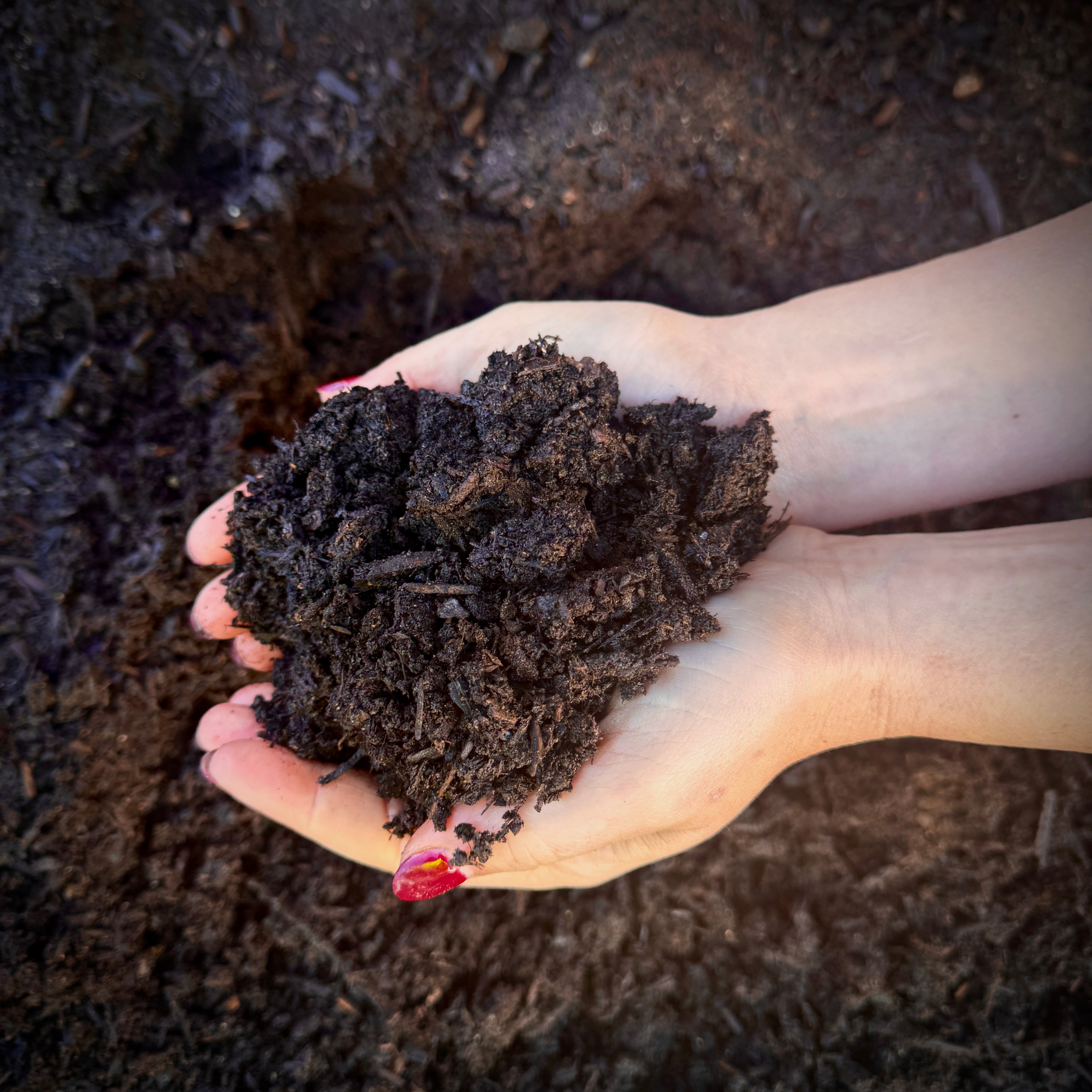
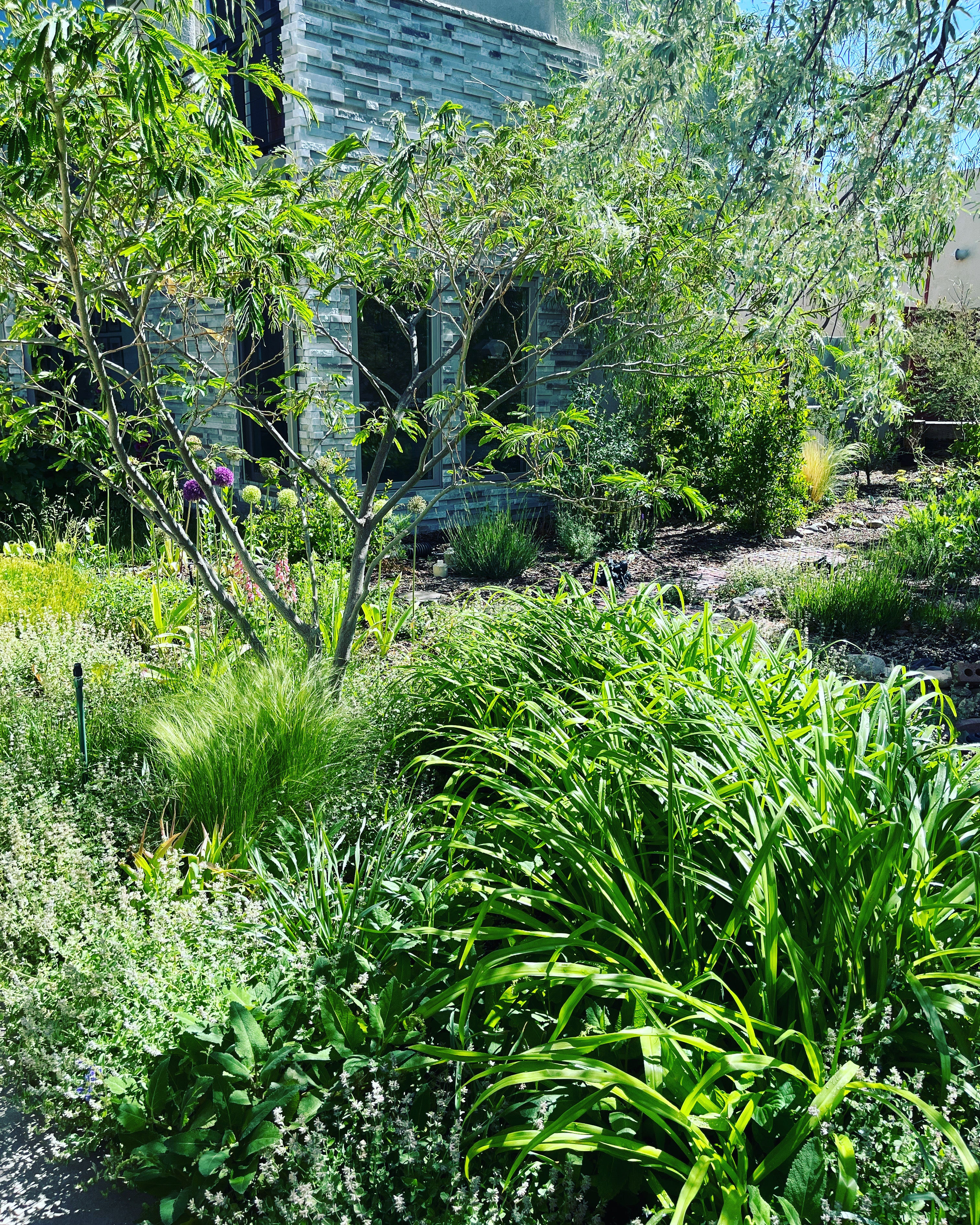



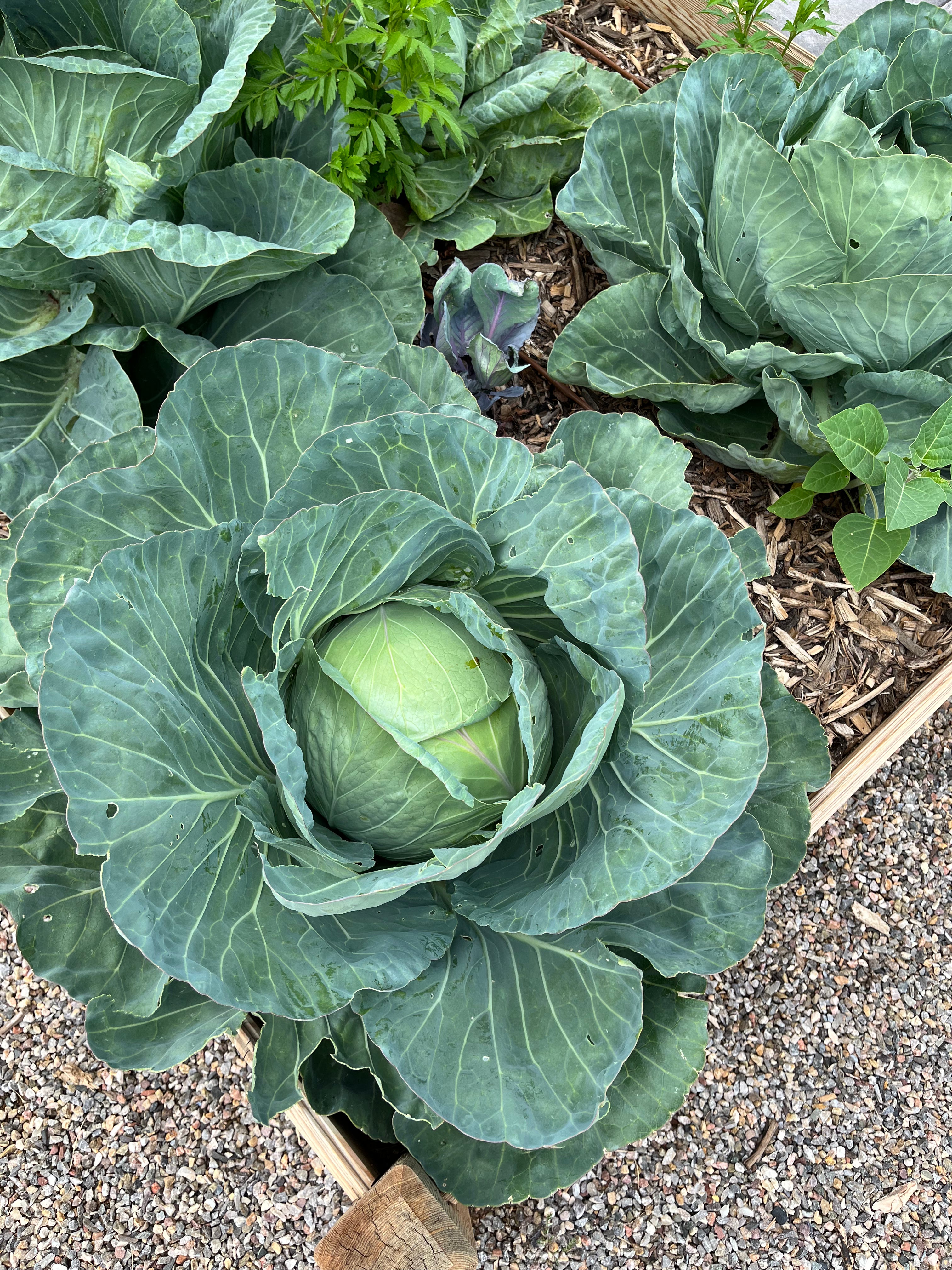
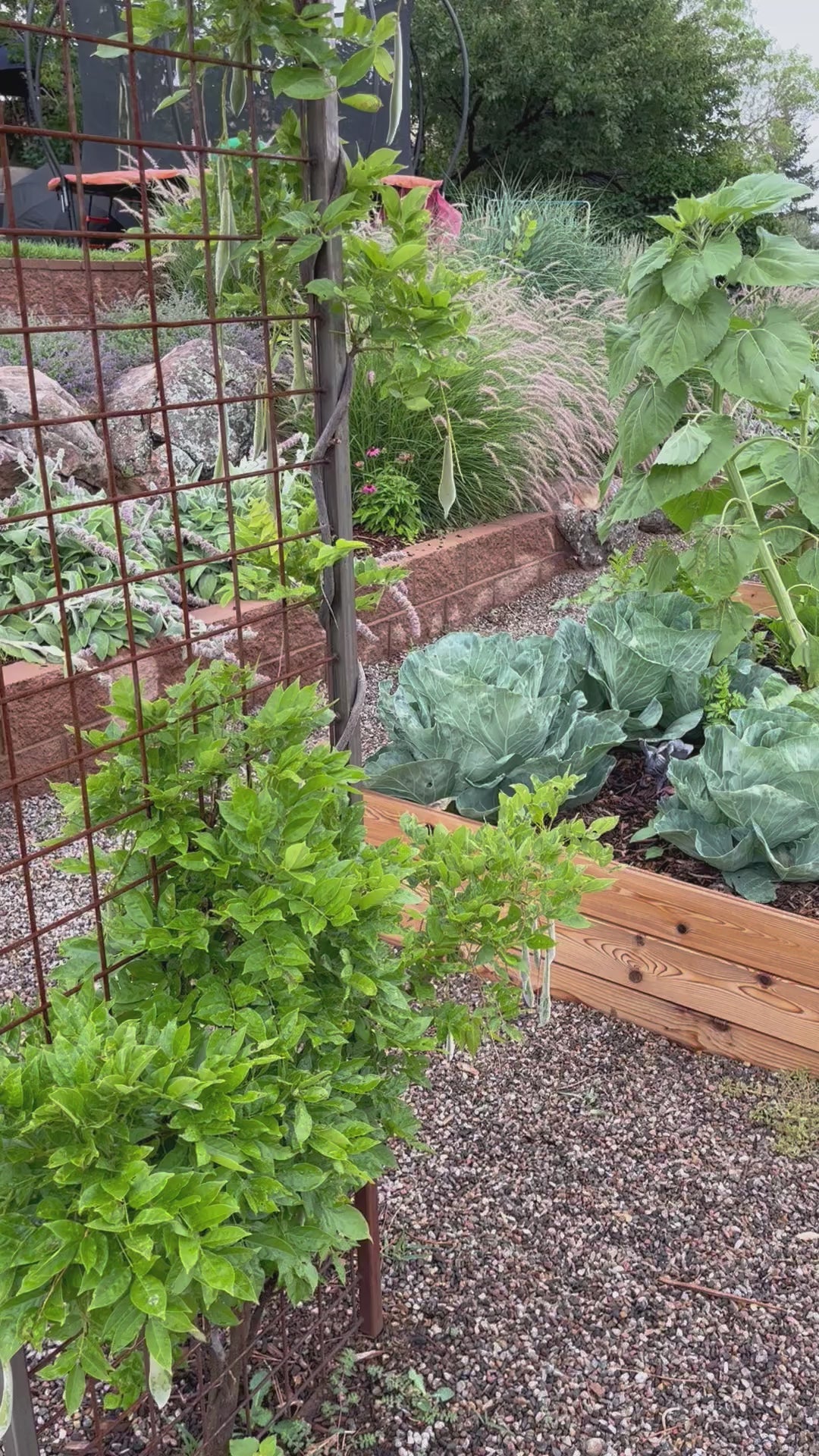
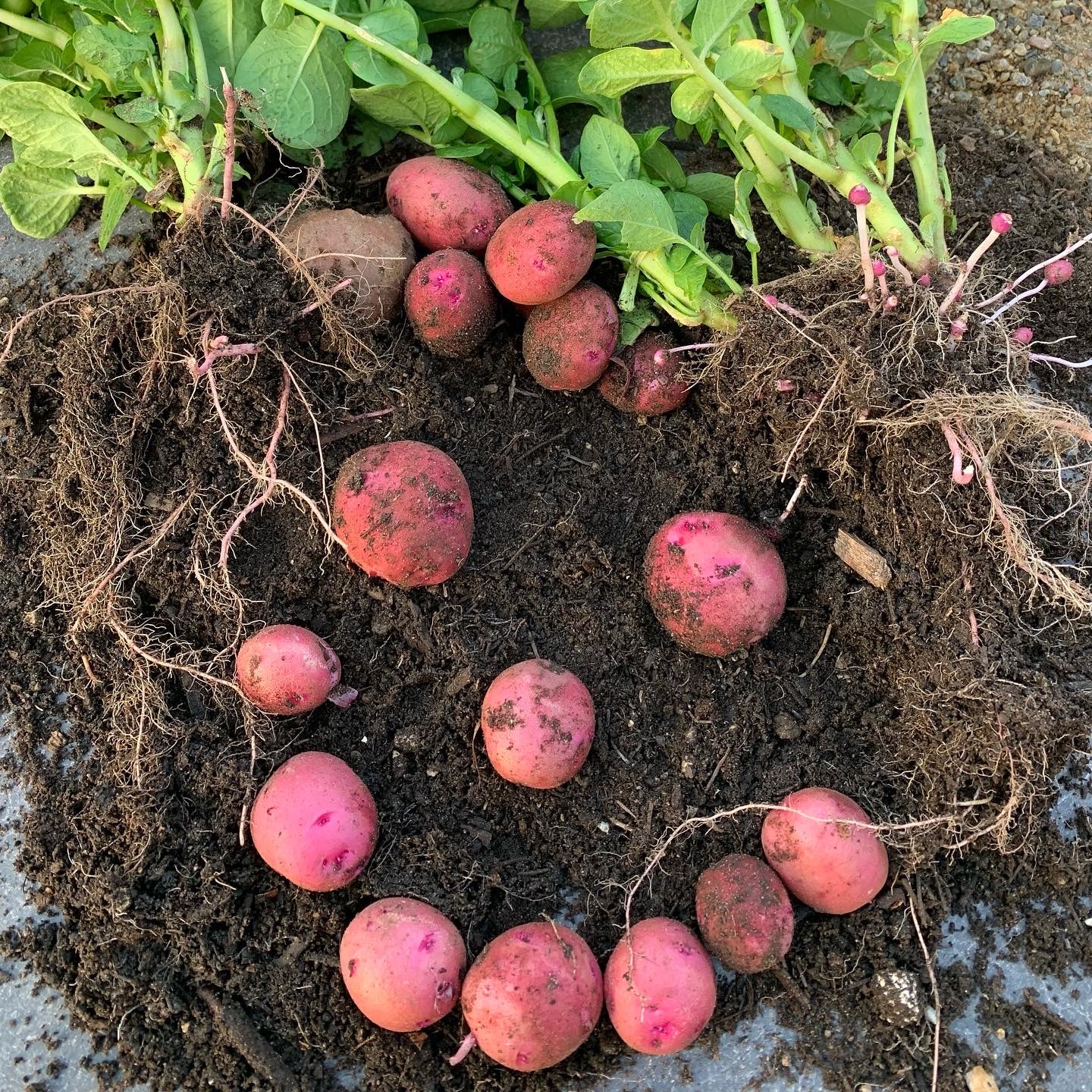
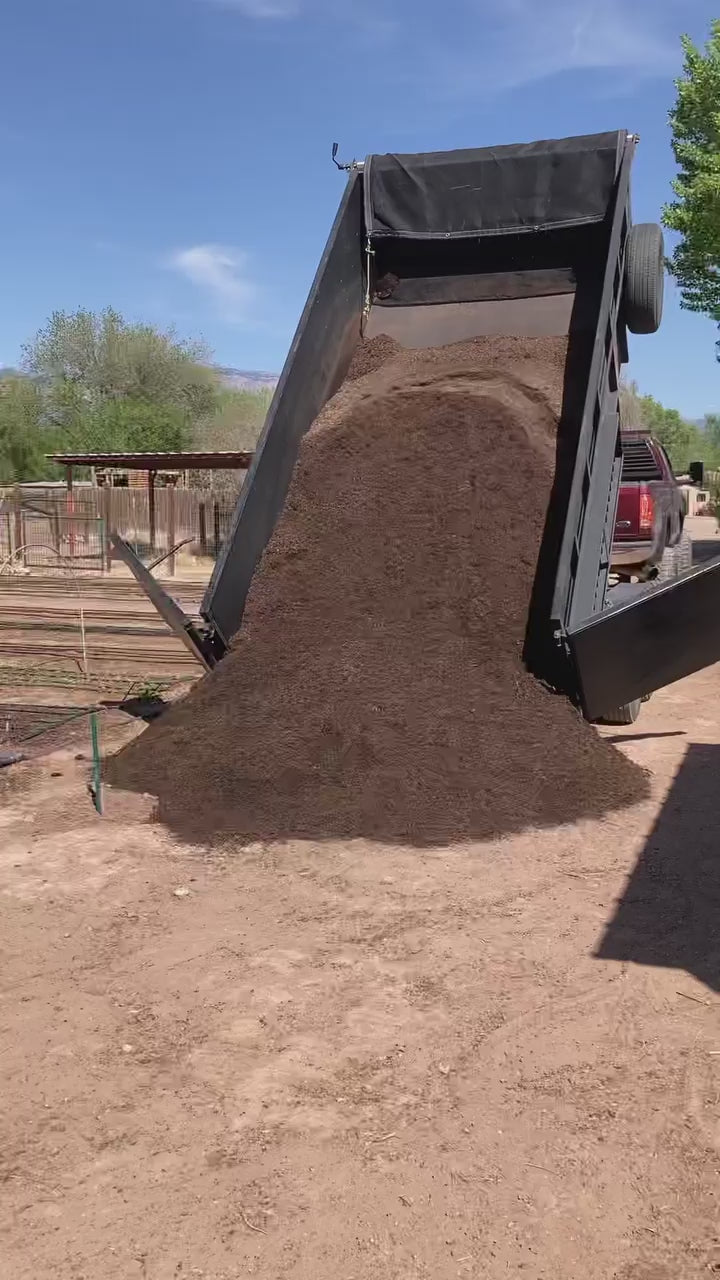
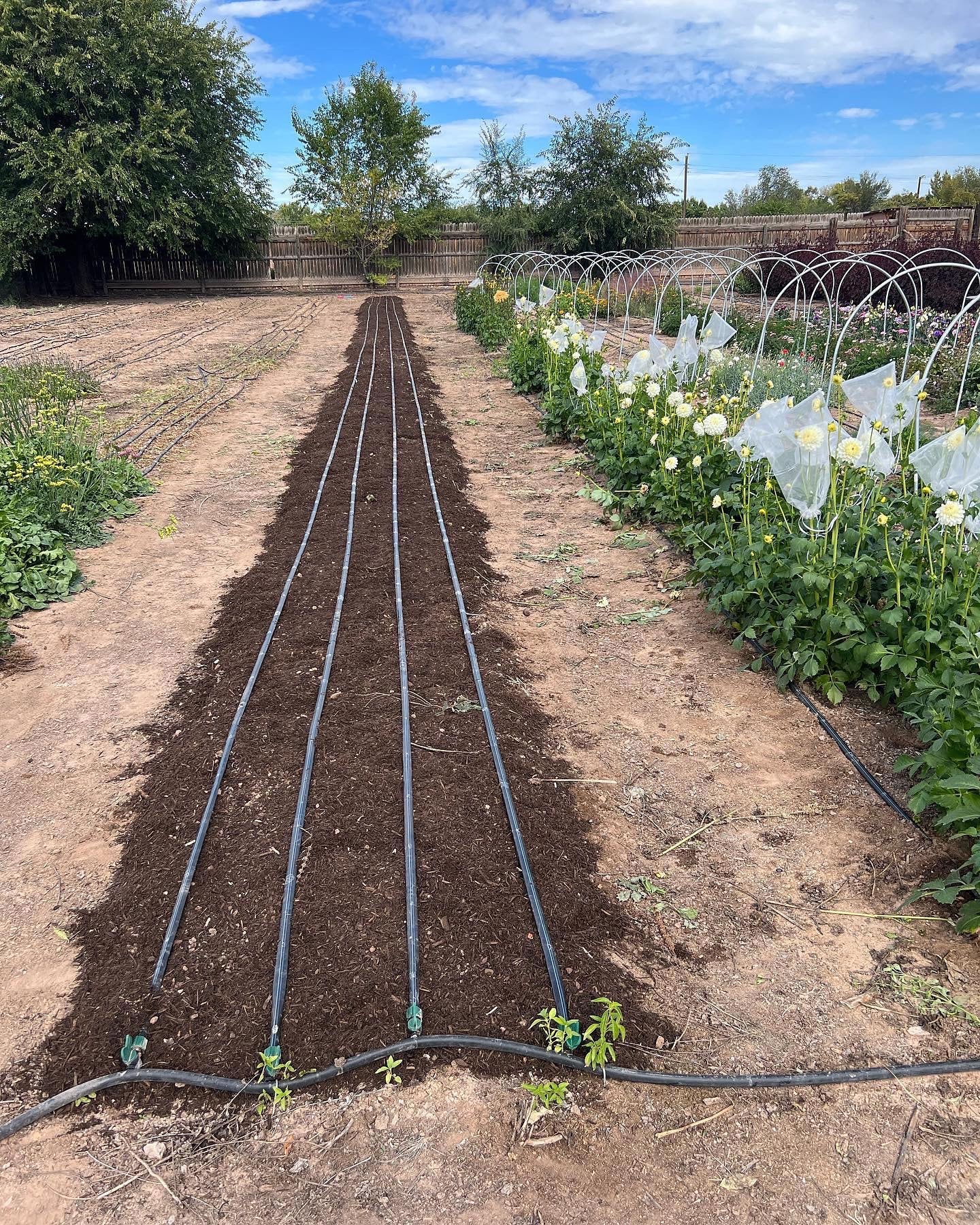
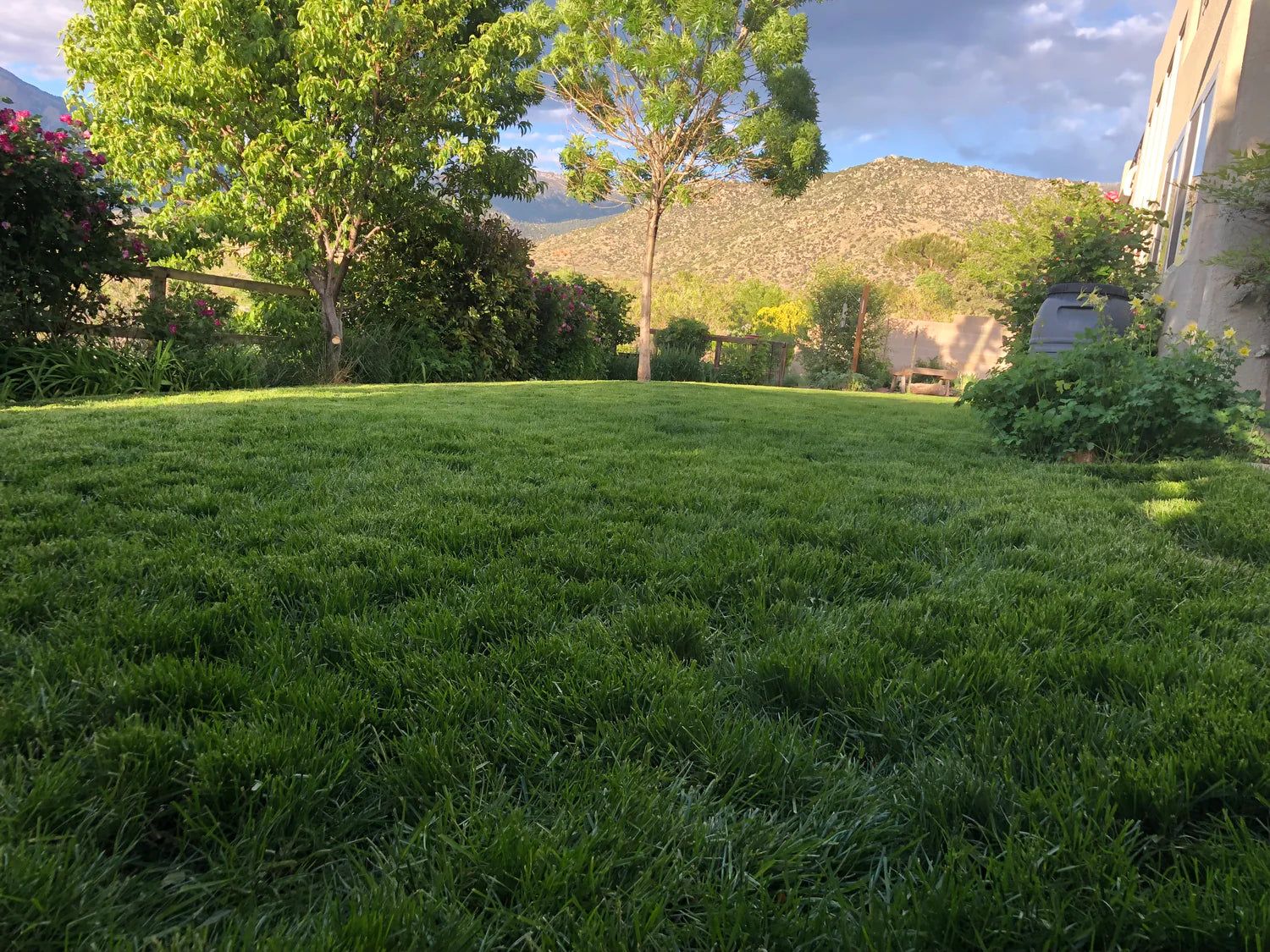
Keep Learning
-
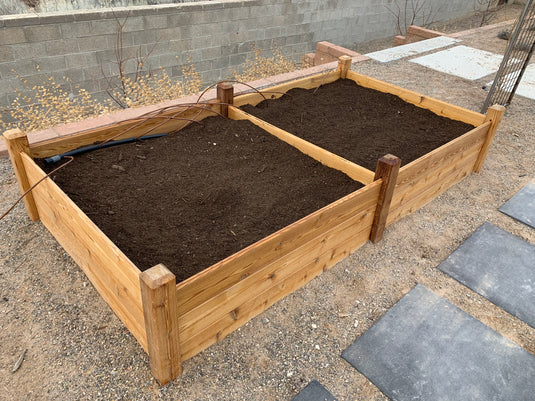
How to Use Compost
LEarn MoreCompost is a soil amendment, or a natural fertilizer that when mixed with dirt can create a complete soil.
-

Grocery Recycling Program
LEARN MOREAt Soilutions, we’re proud to offer compost that not only delivers exceptional results for your garden but also contributes to a more sustainable and resilient local environment.
-

What is Soil?
LEARN MOREHealthy soil contains a balance of mineral elements, organic matter, and billions of microorganisms, and so much more.



